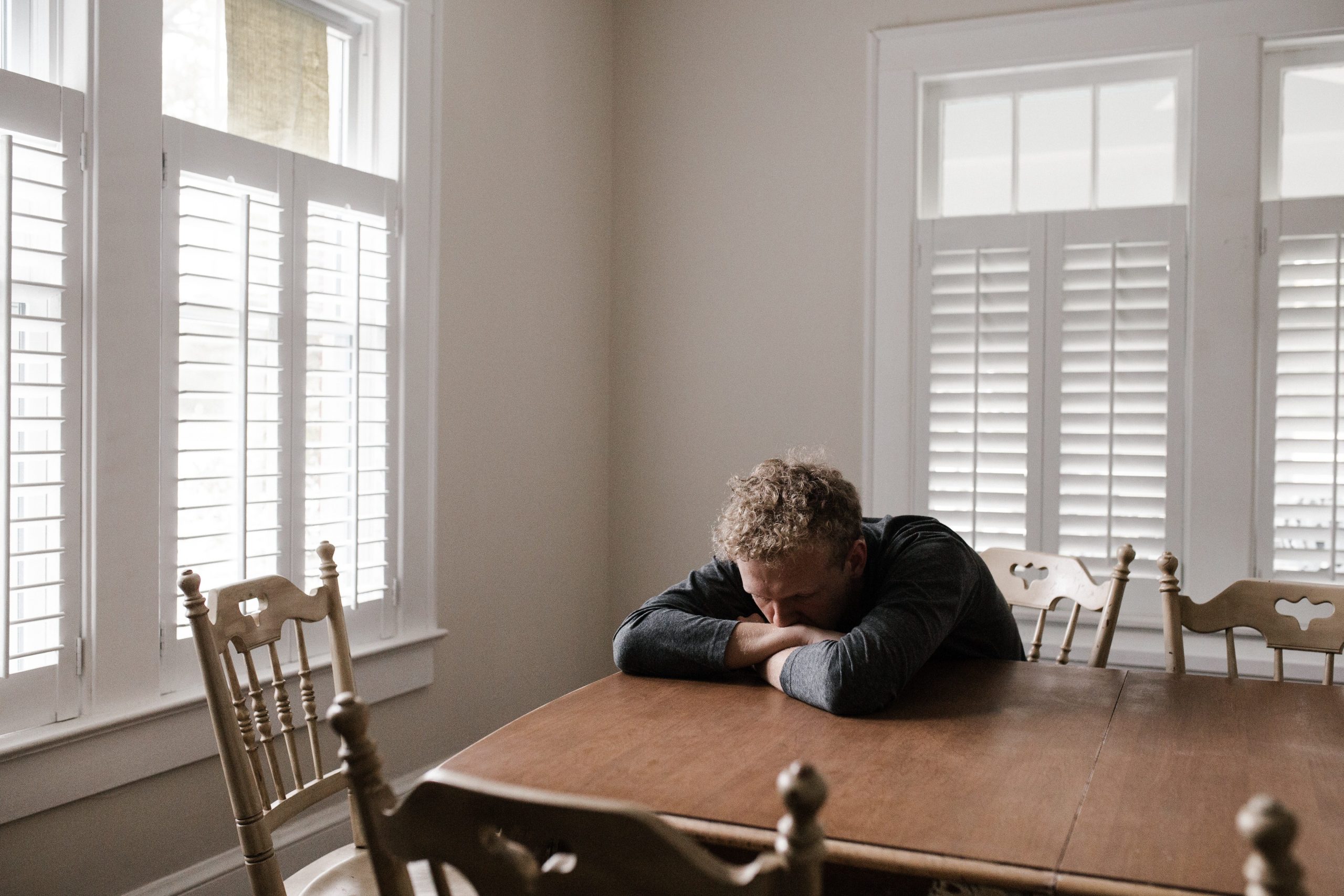In this article with Dr. Sawssan Ahmed, a Clinical Psychologist at Sidra Medicine, we look at ways to destigmatise mental health in the community.
Destigmatising mental health is more important now than ever before. While the pandemic has brought forth several repercussions, possibly one of the most prominent is the toll it has taken on the mental health of people around the world.
Fortunately, there is an increase in discussions and awareness about mental health but there remains many stigmas that need to be addressed.
In this conversation with Clinical Psychologist at Sidra Medicine Dr. Sawssan Ahmed, the health expert attempts to destigmatise mental health by tackling common concerns.
The reality is one in four people will suffer from a mental illness at some point in their lives – making it much more common than people like to accept. Dr. Sawssan says this makes it very likely that someone close to you is suffering from a mental illness.
Read also: Spotlight on Mum: I never expected to see my newborn baby in a coma
Speaking to Doha News, Dr. Sawsan says there are many stigmas attached to this particular issue.
Chief of all misconceptions on mental health is the idea that only a limited number experience illnesses, forcing those that do suffer to remain closeted in fear of being shunned. In other cases, society views those with mental health issues as dangerous, often describing them as crazy or weird.
Many communities also believe there are no effective treatments for mental illnesses when the opposite is actually true.
Some believe only certain types of people – those emotionally or religiously weak – struggle with such illnesses and are therefore to blame for their own mental state.
However, it’s clear that the aforementioned are merely misconceptions. One of the best ways to destigmatise mental health is to increase communication, Dr. Sawssan says.
“Talk about mental health more often: The more mental health and mental illness are talked about in the same way that people talk about physical health and the importance of taking care of your body, seeing a doctor when you’re ill, taking care of your body before you’re ill, and preventing physical illnesses – the more mental health becomes normalized,” she told Doha News.
Members of society, especially here in Qatar and the region, should encourage conversation.
“Do not make people feel guilty for struggling with mental health. We all struggle with our mental health at some point in our life,” Dr. Sawssan adds.
“Often, people do not speak up because they are blamed for their mental illness. However, the same way a person that suffers from hypertension, diabetes, or any other chronic illness is not blamed for their condition, people with mental illness should also be perceived in this way.”
The health expert says it’s also important to listen with an open mind and heart and avoid placing incorrect generalisations and assumptions on those that talk to you about their struggles, especially with regards to “weaknesses in faith”.
Read also: The Mum Diaries: Mothers don’t need judgement right now
It’s also a good idea to connect physical and mental health in conversation.
“The more people can talk about health in general to include physical and mental and not just the body, but the mind as well and how they are both connected, the more that will help to destigmatize mental health,” Dr. Sawssan says.
But while these points may help on an individual level between family and friends, more must be done to address the issues to the wider society.
“It is vital to have campaigns that discuss the importance of mental health and the importance of prevention as well as seeking treatment. The more we as a society encourage talking about our emotions and encourage wellness, then the less mental illness we will have. Additionally, when people become more aware and understanding, then more people will seek treatment. As a result, people who are suffering are going to get better and there will be lower rates of active mental illnesses because people are comfortable seeking help,” she says.
Diverse services must also be offered for those seeking professional help that is comfortable and convenient.
“There is a misconception that all mental illnesses are only treatable by pharmacological treatments when the truth is most mental illnesses are treated by non-pharmacological treatments,” Dr Sawssan says.
Read also: Mental health awareness ‘significantly increases’ in Qatar, survey shows
“The more access there is to appropriate services and culturally competent, evidence-based services, the easier it will become for people to access these services on different levels,” the expert added.
“A lot of people don’t understand their symptoms or to what extent it is necessary for someone to seek help. The more that society, public policy, and communities can openly talk about mental illness, the more individuals are going to feel comfortable talking about mental health.”
Chereen Shurafa is a Doha based community counsellor, writer, and certified change coach. She is the founder of “Dear Chereen”, an online platform dedicated to mindfulness, mental health, and inspiration.
Follow Doha News on Twitter, Instagram, Facebook and Youtube







